Values and weapons, Switzerland delivers both
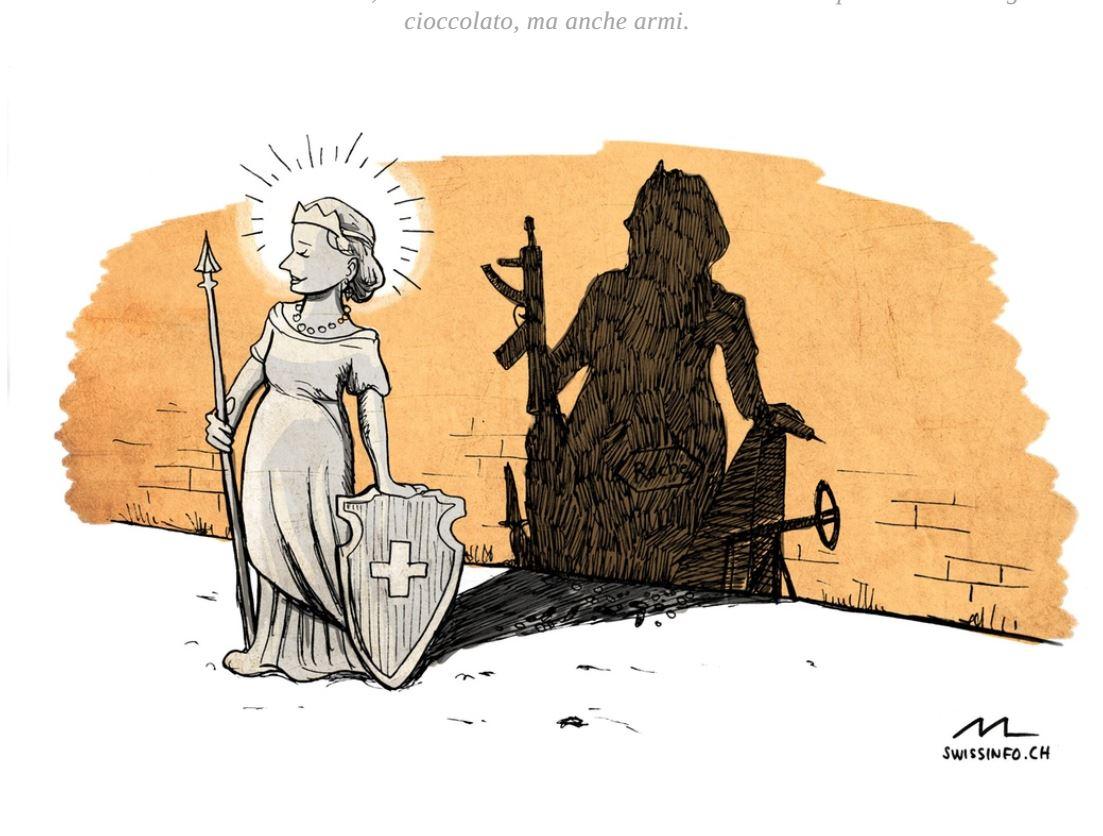
Swiss peace brokering on the one hand, while Swiss weapons are used in the world’s wars. The country has its humanitarian values, and its arms exports. Does it have to choose just one?
Parliament has moved to deprive the Swiss government of its power to decide arms export rules, following controversy over its plan to relax them.
If the Senate now approves a motion approved by the House of Representatives, it will be up to parliament to decide the rules.
In June the government announced a decision to relax the rules on arms exports, making exports to countries with an internal armed conflict possible under certain conditions. But this has provoked anger from inside and outside parliament.
For example, Zurich-based NGO Campax is spearheading a campaign for a popular vote against the rules relaxation, saying the government has “apparently lost its moral compass”.
Swiss diplomat Christine Schraner Burgener is now the UN special envoy tasked with finding solutions to tensions in Myanmar. She already proved her diplomatic skill in a previous assignment in Thailand, where the military crushed popular protests. During this turmoil, which claimed 90 lives, Burgener managed to bring victims and government representatives to the table in 2010.
In the same year, Switzerland delivered weapons worth CHF331,680 ($342,237) to Thailand, and even more the following year.
This is just one illustration of the conflict between Swiss diplomacy committed to peace brokering and economic interests set on selling weapons to the world’s hot spots.
Unclear
At the beginning of 2017, Thailand was on the radar of the Swiss arms export control authorities. The government banned Rheinmetall Defence, formerly Oerlikon Contraves, from selling anti-aircraft systems. Its justification was a conflict in southern Thailand, but the Thai government had actually been fighting separatists for some time. Why the Swiss government decided not to grant an export permit in 2017 the way it had in 2016 is still unclear.
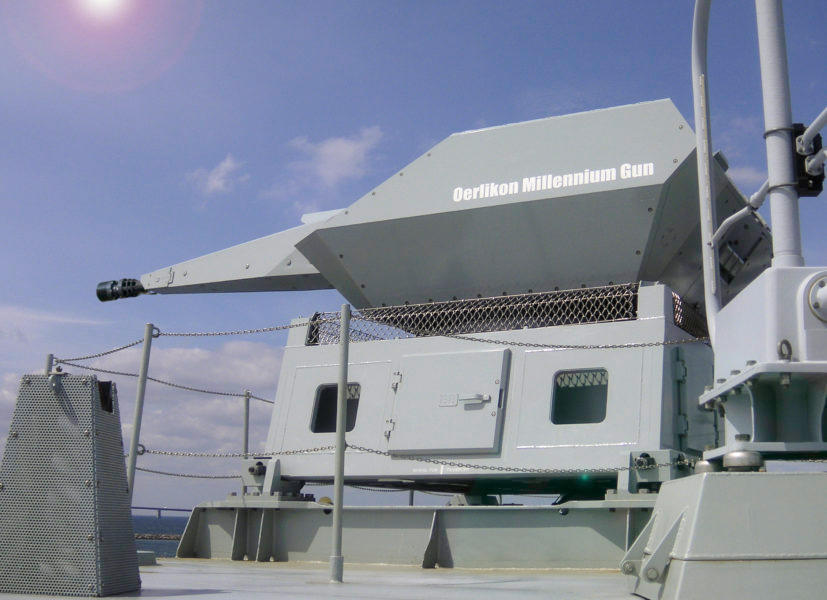
The same company was also subject to an emergency cessation of deliveries to Pakistan, which had ordered anti-aircraft guns from Rheinmetall for CHF100million. The government approved this purchase in 2015 and then, in mid-2016, stopped it without further explanation.
Behind this decision was the then foreign minister, Didier Burkhalter, who was able to convince a majority of the seven-member government to stop the deal.
After he stepped down from the government last year, Burkhalter said of arms exports to countries in conflict that “I think one has to be clear here and reject them.” He even pointed to arguments within the government over arms exports as a reason for his resignation. He said that the government had “departed from the core values that are fundamental to me as a person”.
Arbitrary decisions
From the outside, the turnaround decision to end the contract in Pakistan seemed arbitrary. In Pakistan, hardly anything significant had changed during this period with regard to export criteria. A civil war-like conflict over the Balochistan province raged on while Switzerland exported arms to the province.
It was this abrupt turnaround in Pakistan that prompted arms manufacturers to go on the offensive. In fall 2016, 13 Swiss arms manufacturers signed a pact. Their plan was to show how much money is at stake and then work on the politics. They meticulously calculated how many orders could have been executed if the laws had been more lenient.
Fate was on their side. In late 2017 Foreign Minister Didier Burkhalter was replaced by Ignazio Cassis, who was clearly on the side of industry when it came to arms exports.
Jobs and displaced people
Just six days after Cassis’ election, the 13 Swiss companies sent an appeal to the government and parliament requesting that arms export regulations be relaxed for the good of the country. The letter was accompanied by a list of all the missed deals. It documented 48 preliminary enquiries for exports which the government had rejected, a volume of CHF220 million or 1,400 jobs.
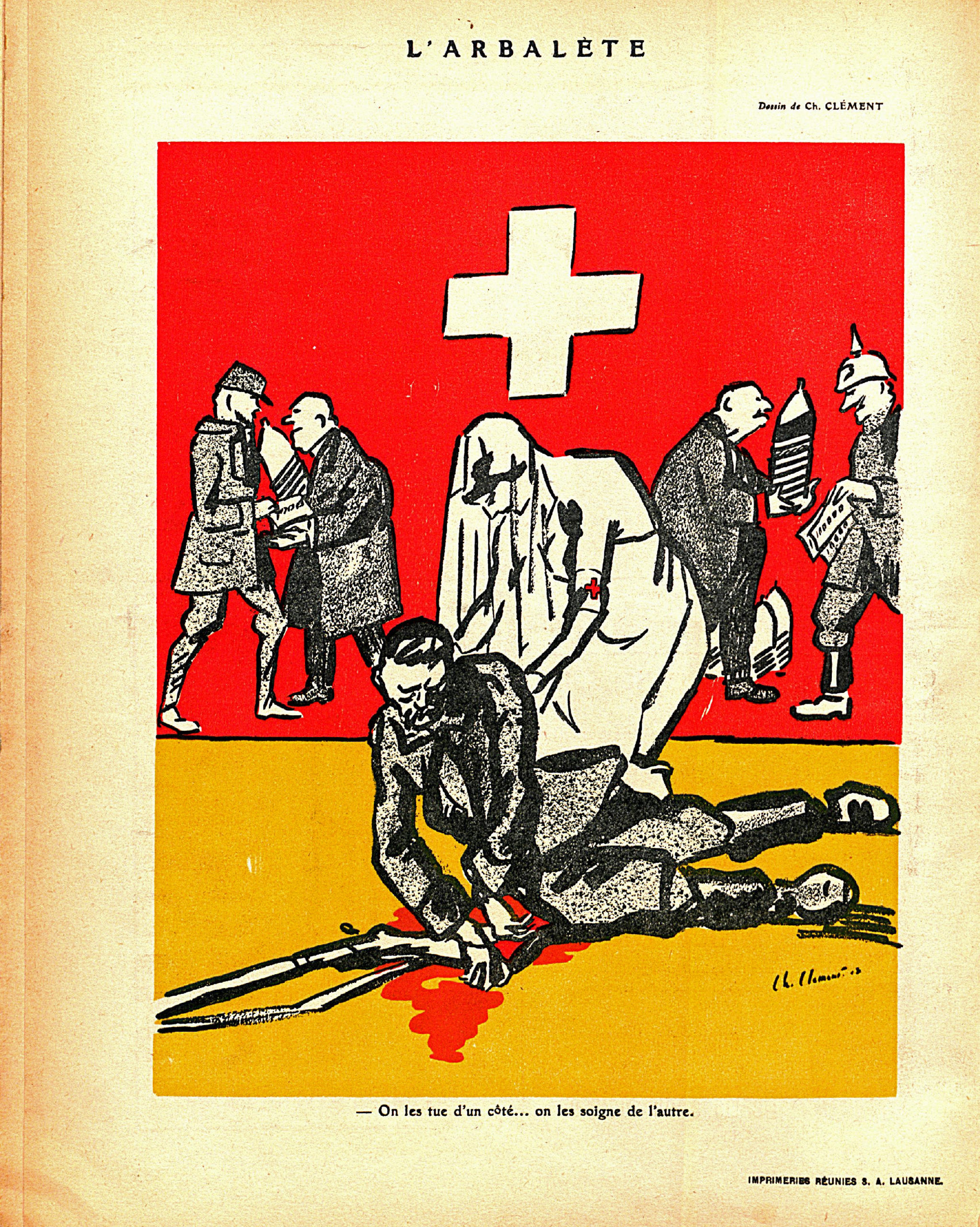
The industry’s wish list also included an air defence component for the Myanmar navy. This is where the Swiss diplomat Schraner is now serving as UN special envoy after the Myanmar army forced 900,000 Rohingya from the country. The UN has raised concern of ethnic cleansing and genocide resulting in 10,000 deaths.
The economy with its weapons and diplomacy with its values: these are two aspects of Switzerland that are increasingly uncomfortable bedfellows.
This article is based on information from Tages-Anzeiger, Blick, Der Bund, Neue Zürcher Zeitung, St. Galler Tagblatt, RTS and original research.

In compliance with the JTI standards
More: SWI swissinfo.ch certified by the Journalism Trust Initiative

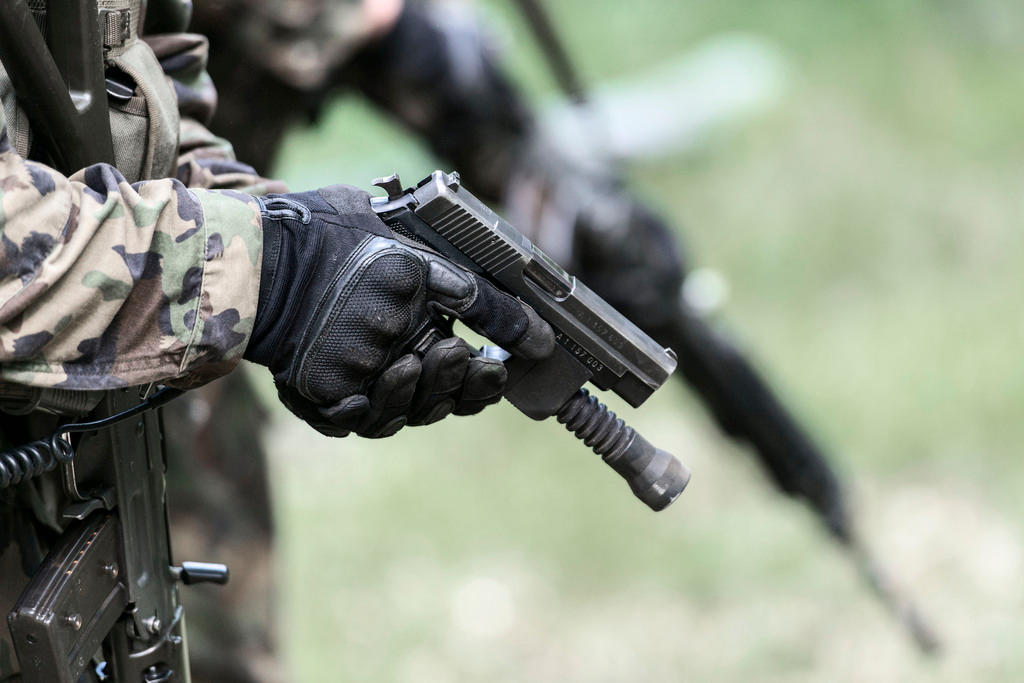
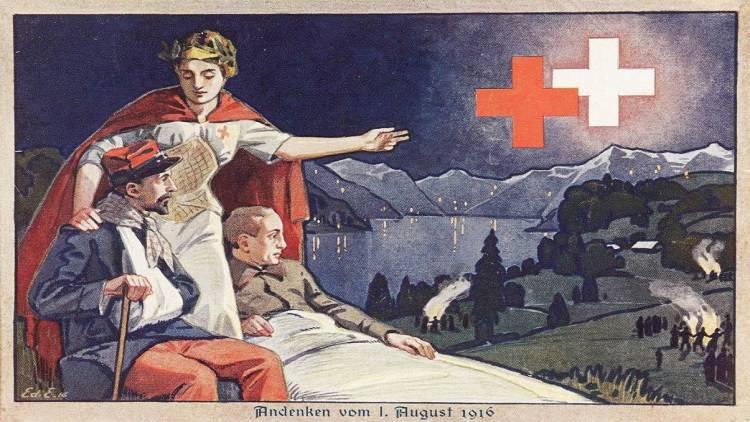
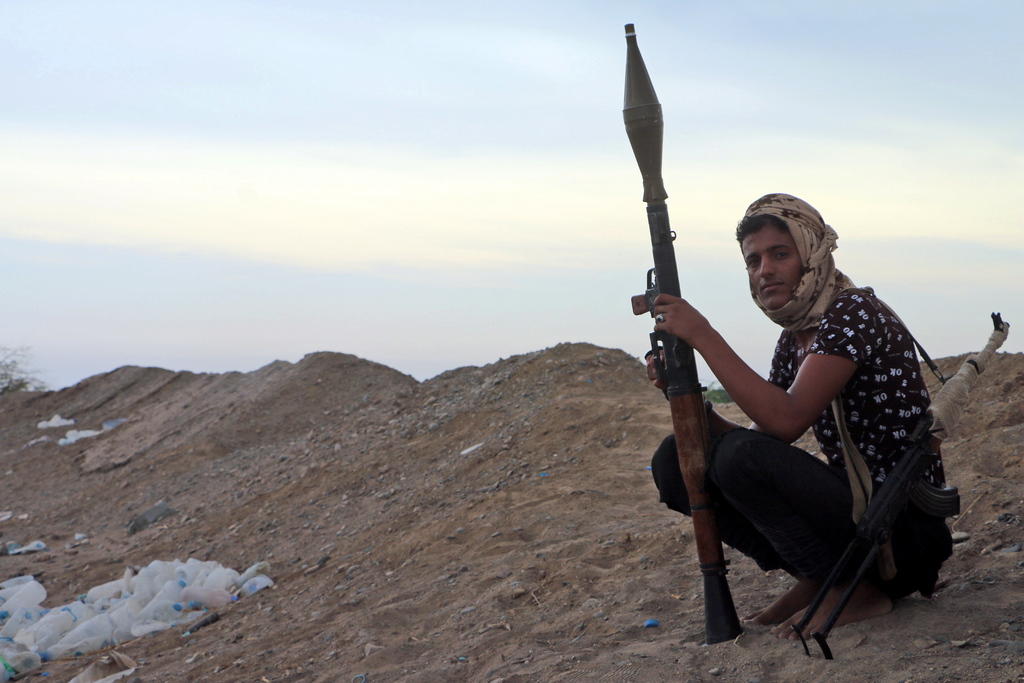
You can find an overview of ongoing debates with our journalists here. Please join us!
If you want to start a conversation about a topic raised in this article or want to report factual errors, email us at english@swissinfo.ch.